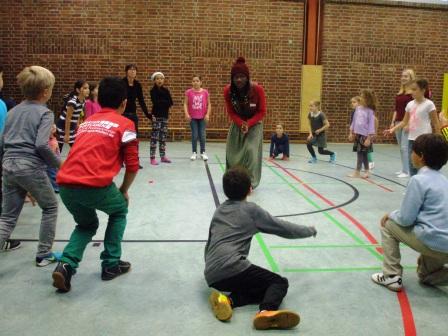Lesson 1.1 - Definitions
Page 1
 “Peers” as special sociological group are mentioned around the year 100. At that time there were obviously real peer-to-peer learning groups existing. The word itself was created in England for groups of the higher classes in the medieval times. Some hundred years later we learn about the peer groups from the point of view of the developmental psychology.
“Peers” as special sociological group are mentioned around the year 100. At that time there were obviously real peer-to-peer learning groups existing. The word itself was created in England for groups of the higher classes in the medieval times. Some hundred years later we learn about the peer groups from the point of view of the developmental psychology.
Piaget for example unlined the importance of peer-to-peer even for three-years-old kids for their ethical development. In the sixties especially in the US the peer groups were responsible for all non-conformal behavior of young people. The fact that the peer groups were more important to the youth than their families became a main problem.
After that more critical point of view on “peers” later in universities tutorials of peers became more and more normal and have since then become an institutional part. That development opened the minds for peer-to-peer education out of schools. It became evident, that peers are the better coaches or teachers than adults. One of the first topics in the US was HIV-prevention and drug abuse. Later early pregnancy was added as a topic to be taught by peers.
Peer-to-peer-projects about HIV-prevention and early pregnancy became also important topics in the field of development cooperation in the global south,
The successes of such projects became the starting points for the change from peer-to-peer learning to peer-to-peer education.
Nowadays peer education is used mostly in the informal educational sector, out of school.